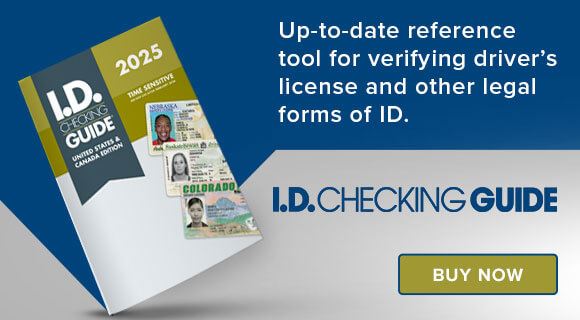
If a signer lacks identification documents, many states permit using personal knowledge — that is, the Notary’s own familiarity and interaction with the signer over time — as a means of identification. But it’s not always easy to tell when a Notary knows someone well enough to use this option.
This identification method dates from before government-issued ID cards, when people were much more likely to spend their lives in one community. But today, we live in a highly mobile society. Often, we do not know our neighbors, and many people make more friends on Facebook than face-to-face.
Note For California Notaries
California is the only state that does not allow Notaries to rely on personal knowledge to verify a signer’s identity. California eliminated the personal knowledge option because a number of fraud cases involved Notaries who took part in bogus real property transactions by claiming to know the crooks who signed the documents.
Personal knowledge of identity, like any Notary practice, can be used or abused. When abused, identification through personal knowledge can be vulnerable to fraud. When properly used, it can be a safe way to identify signers who do not have ID.
So how do you properly use personal knowledge to identify signers? How well should you know a signer to rely on it as proof of their identity?
States That Provide Guidance
A number of states — including Arizona, Florida, Pennsylvania and North Carolina — have definitions of “personal knowledge” to guide Notaries. Other state guidelines require you to know signers long enough to be certain of their identities.
For example, Florida defines personal knowledge as: “... an acquaintance, derived from association with the individual, which establishes the individual’s identity with at least a reasonable certainty.”
Pennsylvania defines personal knowledge as “... personally known to the notarial officer through dealings sufficient to provide reasonable certainty that the individual has the identity claimed.”
In other words:
- You have an acquaintance with the signer.
- You have seen the signer interacting with others.
- Those people know the signer by the same identity as you.
This goes beyond a single encounter. A Notary working at a law firm, for example, would not be able to rely on personal knowledge for a new client he or she has just met. However, the same Notary may be able to use personal knowledge (except in California) for a long-time client who has interacted with the Notary, attorneys and other coworkers many times.
States That Do Not Offer Guidance
However, some states do not offer specific guidance. Texas says a traditional Notary Public may take an acknowledgment if the Notary knows the signer, but does not provide additional details.
If your state does not offer specific direction about personal knowledge, ask some basic questions:
- How many times have I spoken with the signer?
- How long have I known the signer?
- Have many times have I seen others I know interact with the signer?
- How often have others I know identified the signer as the same person I know them to be?
- Do I have any reasonable doubts about the signer’s identity?
- Am I willing to risk the consequences if I am wrong?
If you are comfortable with the answers to these questions, then go ahead and vouch for your signer’s identity. If you’re not comfortable with the answers, ask for other proof of identity.


Related Articles:
3 ways Notaries can properly identify signers
How do I handle a credible identifying witness?
Additional Resources:
NNA Notary Hotline